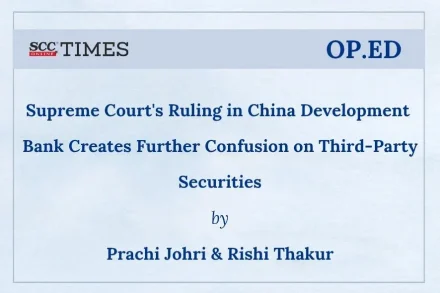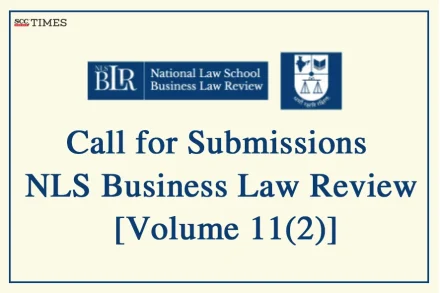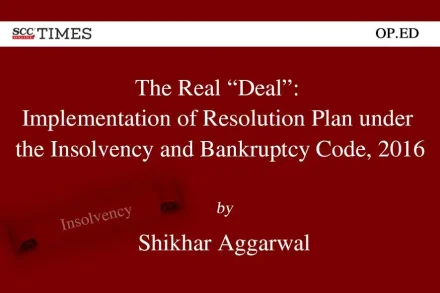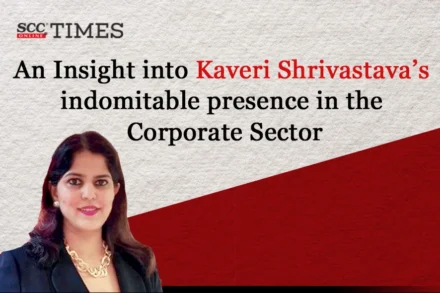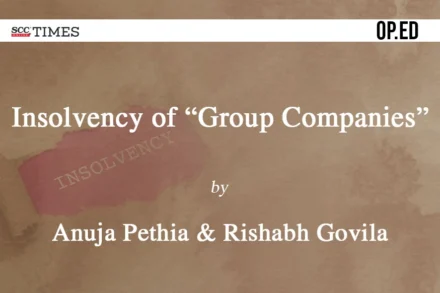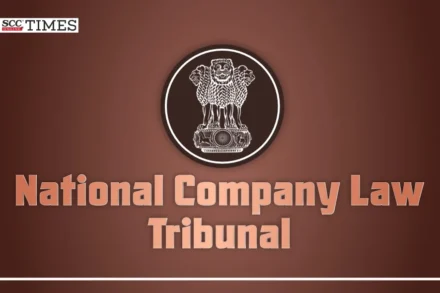
‘Secured Creditor who relinquishes interest cannot seek priority among others based on charge’; NCLT directs distribution of sale proceeds of Monnet Power’s assets
“Once a Secured Creditor relinquishes its security interest to the liquidation estate, it cannot seek priority among other Secured Creditors on the basis of the charge and is only entitled to receive proceeds from the sale of assets in the manner specified under Section 53 of the IBC.”



